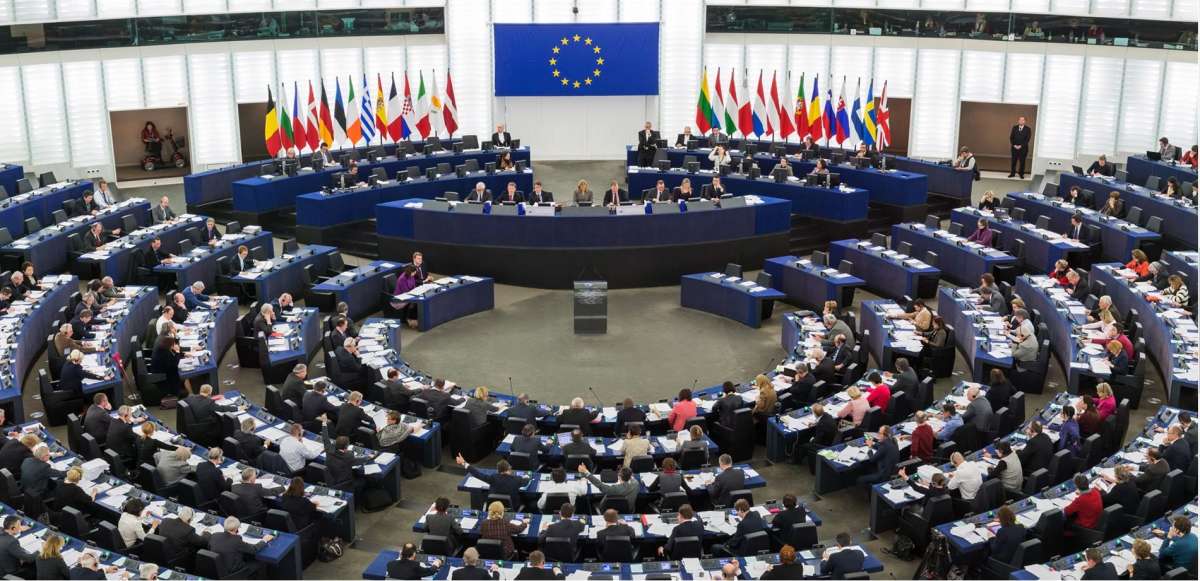The EU’s AI Act is set to be the world’s first comprehensive set of rules to govern AI and user harm associated with it.
The European Parliament on Saturday said its members have reached a landmark “provisional agreement” on the proposed Artificial Intelligence Act (AI Act).
The EU’s AI Act is set to be the world’s first comprehensive set of rules to govern AI and user harm associated with it.
“This regulation aims to ensure that fundamental rights, democracy, the rule of law and environmental sustainability are protected from high risk AI, while boosting innovation and making Europe a leader in the field,” the European Parliament said in a statement.
The rules establish obligations for AI based on its potential risks and level of impact. European Union President Ursula von der Leyen said that the political agreement is a “global first”.
“The AI Act is a global first. A unique legal framework for the development of AI you can trust. And for the safety and fundamental rights of people and businesses. A commitment we took in our political guidelines – and we delivered,” she posted on X.
Recognising the potential threat to citizens’ rights and democracy posed by certain applications of AI, the co-legislators agreed to prohibit biometric categorisation systems that use sensitive characteristics (political, religious, philosophical beliefs, sexual orientation, race).
The agreement also prohibits untargeted scraping of facial images from the internet or CCTV footage to create facial recognition databases, emotion recognition in the workplace and educational institutions and social scoring based on social behaviour or personal characteristics.
It also curbs AI systems that manipulate human behaviour to circumvent their free will and AI used to exploit the vulnerabilities of people (due to their age, disability, social or economic situation). For AI systems classified as high-risk (due to their significant potential harm to health, safety, fundamental rights, environment, democracy and the rule of law), clear obligations were agreed. Members successfully managed to include a mandatory fundamental rights impact assessment, among other requirements, applicable also to the insurance and banking sectors.
“AI systems used to influence the outcome of elections and voter behaviour, are also classified as high-risk. Citizens will have a right to launch complaints about AI systems and receive explanations about decisions based on high-risk AI systems that impact their rights,” said the Parliament.
ALSO READ: Apple Joins AI Race














